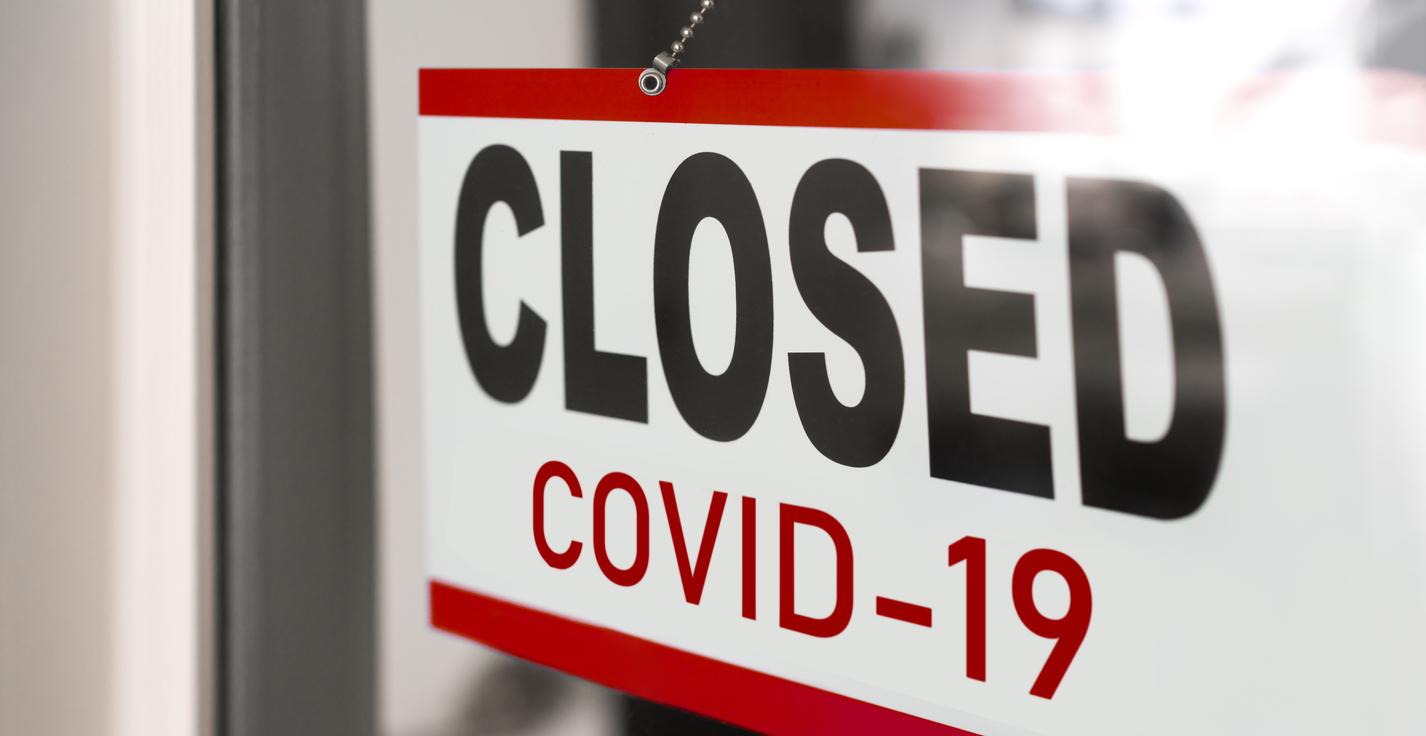According to a study, letting citizens adapt their behavior during the health crisis would be more effective than locking down the entire country in reducing the number of deaths and also limiting unemployment.

- In Sweden, there was no lockdown, citizens had to adapt their behavior individually.
- According to a new study, this Swedish method is more effective than confinement.
- Deaths due to Covid-19 would be reduced by 50% with the Swedish method, compared to 35% with confinement.
At noon on March 17, 2020, France began a lockdown which would last a little over two months. This is the response that many governments have given to the urgency of the health crisis. But was it the best option? No, according to a study published in the journal Nature Human Behavior.
Confinement is no more effective than the Swedish method
The researchers of Oxford University believe that this measure was no more effective than letting citizens themselves adapt their behavior in the face of the threat, as was the case in Sweden which did not take containment measures.
To reach this conclusion, used data from around 416,000 people in New York, United States, and modeled death and unemployment rates from the virus in response to different pandemic policies: either a lockdown or letting citizens regulate themselves.

Fewer deaths by letting citizens adapt their behavior
Results: in the event of confinement, deaths due to the virus decrease by 35% and unemployment increases by 64%. On the other hand, if people adapt their behavior alone in a situation of high fear, deaths drop by 50% and the increase in job losses is 40%. In other words, both on a health and economic level, confinement is less effective than the Swedish method.
Regarding unemployment, scientists note that the closure of sectors that are not in direct contact with people, such as construction, leads to significant job losses, with “only a marginal decrease in the number of deaths”.
Another observation: when confinement is put in place too late, when people have already taken individual measures to adapt to the danger, this “leads to a double increase in the number of deaths and unemployment”.
“Logically, we say that [mesures] stricter measures increase unemployment and reduce deaths from Covid-19, but it is less clear [de se dire] that individual adaptation of behaviors leads to similar results, explains the professor Doyne Farmerone of the authors. Lockdowns and spontaneous behavioral changes lead to similar trade-offs between health and the economy.”
















